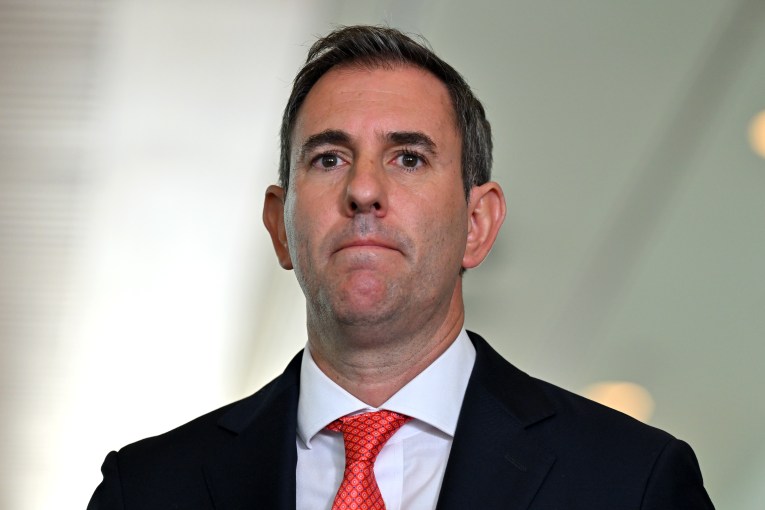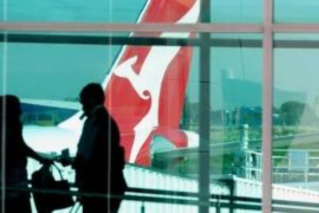Ask the Expert: The tools to achieve retirement on your terms


Don’t be afraid to enjoy your retirement by spending some money. Photo: Getty
Question 1
- Hi, I am turning 59 and currently employed part time, 20 hours per week earning $40,000. I don’t own any property and my rent is $400 per week. I do not have any other assets, except a very small savings account which is decreasing with cost-of-living expenses. I have $615,000 in superannuation and would like to retire in 12 months when I turn 60. My plan is to draw a lump-sum payment of $120,000 to buy a motor home and set it up to travel Australia. Then draw an annual income of $50,000. I have estimated I should be able to sustain the $50,000 with superannuation and the pension (when I qualify at 67) to the age of 82, then rely only on the pension. Do you think that my calculations are correct and is there any tax ramifications that will hinder my plan? Cheers, Ross
Hi Ross,
A campervan, caravan, motor home or boat in which a person lives, falls within the definition of a permanent home (or principal residence) for social security assets (age pension) test purposes.
Therefore, the value of the motor home would be an exempt asset. Even though you may then be classified as a home owner, you could potentially still receive Rent Assistance for fees payable on a regular basis as a condition of occupying your home, (e.g. fees for the use of a caravan site either in a caravan park or through a private arrangement).
I have run your situation through Moneysmart’s retirement planner, and similar to what you have calculated, this should provide you with an income in retirement of slightly above $50,000 per year (indexed up each year).
In more good news, that figure won’t be impacted by tax, as the super payments will be tax free and age pension payments on their own aren’t enough to create an income-tax liability.
The only other suggestion to make is to make sure you have created a buffer and have money in an emergency account to cover the unexpected.
Best of luck in your travels.
Question 2
- I am receiving a UK age pension ($19k) and UK Navy pension ($13k). Do I pay tax on these if I am retired, not receiving an Australian government pension.
If you are a resident in Australia for tax purposes, then you need to declare your worldwide income in your tax return.
This would include your UK age and navy pensions. You may be able to claim a deduction to reduce the tax payable if your pension has an undeducted purchase price, which I believe the UK age pension does. The ATO has details on this here.
I suggest you seek tax advice from an accountant or tax adviser over your personal situation.
Question 3
- I have a HECS debt of $130,000. I have $140,000 in cash. I am paying $430 a week rent. Should I pay off the HECS and lose the chance to use my cash as a house deposit, or cop the 13 per cent increase in my HECS for last year and this year and continue trying to buy my own place, in the hope that next year does not have another large increase in the CPI?
Well done on saving that much.
If saving for a home deposit is your primary goal, then I would stick with it. As you have implied once you pay money off your HECS you then cannot get those funds back.
However, I suggest speaking with a mortgage broker regarding the following:
- That you can still borrow the required amount to purchase your home, as your HECS debt may affect your borrowing capacity and
- That you can still afford your home loan repayments after allowing for mandatory HECS repayments.
It seems CPI has peaked, which will mean lower indexation of HECS going forward.
CPI was at 8.4 per cent at the end of 2022 but latest CPI (July 2023) shows it has come down to 4.9 per cent.
Sometimes there is no correct answer. That is why prioritising your goals is very important.
Craig Sankey is a licensed financial adviser and head of Technical Services & Advice Enablement at Industry Fund Services
Disclaimer: The responses provided are general in nature, and while they are prompted by the questions asked, they have been prepared without taking into consideration all your objectives, financial situation or needs.
Before relying on any of the information, please ensure that you consider the appropriateness of the information for your objectives, financial situation or needs. To the extent that it is permitted by law, no responsibility for errors or omissions is accepted by IFS and its representatives.
The New Daily is owned by Industry Super Holdings








